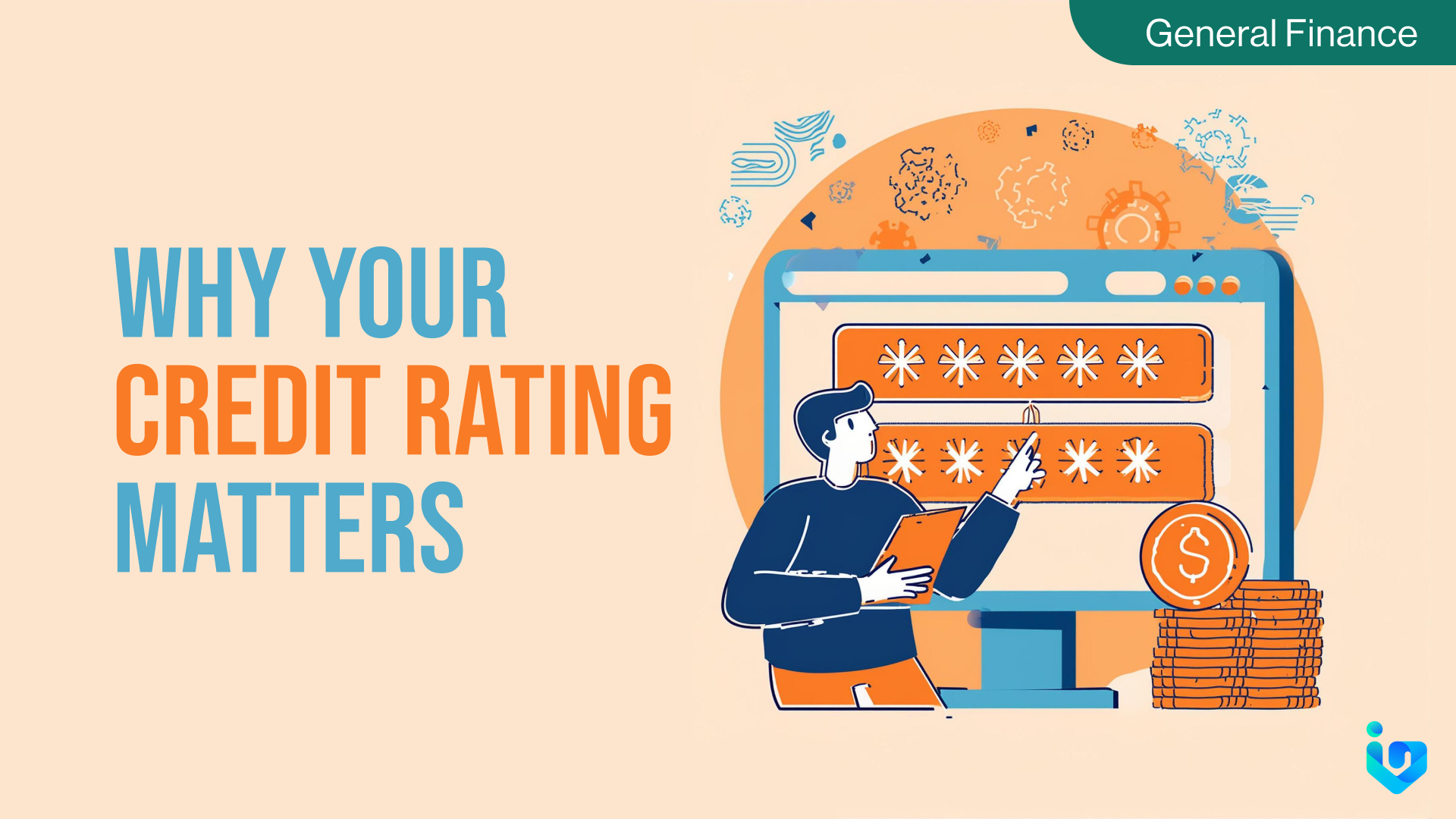Your credit rating is a crucial aspect of your financial health. It affects many areas of your life, from securing loans to renting an apartment. Understanding why your credit rating matters can help you make informed financial decisions and improve your overall financial well-being.
What is a Credit Rating?
A credit rating is a numerical representation of your creditworthiness. It is based on your credit history, which includes your borrowing and repayment behavior. Credit rating agencies, such as Equifax, Experian, and TransUnion, calculate your credit rating using various factors. These factors include your payment history, the amount of debt you owe, the length of your credit history, and the types of credit you use.
Impact on Loan Approval
One of the most significant reasons your credit rating matters is its impact on loan approval. Lenders use your credit rating to assess the risk of lending you money. A high credit rating indicates that you are a responsible borrower, making it easier to get approved for loans. Conversely, a low credit rating can result in loan denials or higher interest rates.
Interest Rates and Terms
Your credit rating also affects the interest rates and terms of your loans. Borrowers with high credit ratings typically receive lower interest rates. This can save you a substantial amount of money over the life of a loan. On the other hand, a low credit rating can lead to higher interest rates and less favorable loan terms. This means you will pay more in interest and have less flexibility in your repayment options.
Financial Security
A high credit rating provides financial security by giving you access to credit when you need it. Whether it’s for an emergency expense or a major purchase, having a good credit rating ensures you can borrow money at reasonable terms. This financial flexibility can help you navigate life’s uncertainties with greater ease.
Building Wealth
Maintaining a high credit rating can also help you build wealth over time. It allows you to access credit at favorable terms, making it easier to invest in assets such as real estate. Additionally, a high credit rating can help you qualify for credit cards with rewards programs, enabling you to earn cash back, travel points, and other benefits.
Remember that when using debt, it can serve as a tool to help you achieve financial freedom faster.
Improving Your Credit Rating
If your credit rating is not where you want it to be, there are steps you can take to improve it. Start by checking your credit report for errors and disputing any inaccuracies. Make sure to pay your bills on time, as payment history is a significant factor in your credit rating. Reducing your debt and keeping your credit card balances low can also help improve your credit rating. Additionally, avoid opening too many new credit accounts in a short period, as this can negatively impact your credit rating.
Conclusion
Your credit rating matters for many reasons. It affects your ability to secure loans, rent an apartment, get a job, and even obtain insurance. A high credit rating can save you money and provide financial security, while a low credit rating can limit your opportunities and increase your costs. By understanding the importance of your credit rating and taking steps to improve it, you can enhance your financial health and achieve your financial goals.
